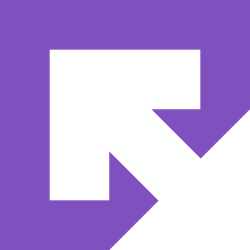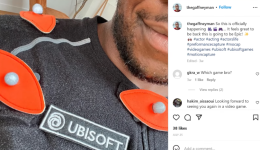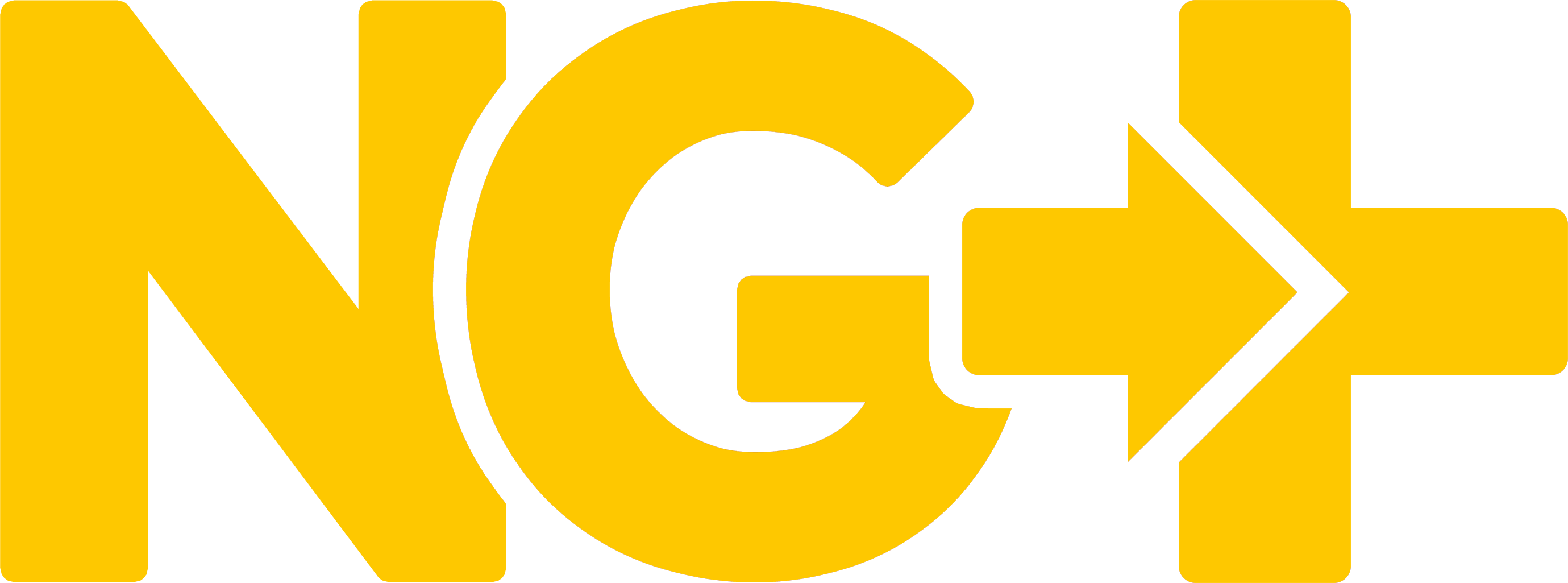Videospielnews
- Ersteller Para
- Erstellt am
Du verwendest einen veralteten Browser. Es ist möglich, dass diese oder andere Websites nicht korrekt angezeigt werden.
Du solltest ein Upgrade durchführen oder einen alternativen Browser verwenden.
Du solltest ein Upgrade durchführen oder einen alternativen Browser verwenden.
Darko
Mitglied
RollingRolli
Mitglied
Season 2 zu Guilty Gear Strive wurde eröffnet, Bridget wird der erste neue Charakter:
hat sich auch bis heute über 1 mio mal verkauft und ist somit der erfolgreichste titel für arc system works als publisher.
Darko
Mitglied
private division wird in zusammenarbeit mit weta workshop ein neues videospiel mit der herr der ringe lizenz entwickeln.
weta war u.a. für die practical special effects und kostüme in den peter jackson filmen verantwortlich.
weta war u.a. für die practical special effects und kostüme in den peter jackson filmen verantwortlich.
embracer war die nacht auf großer einkaufstour. zu den neuen einkäufen gehören z.b. limited run games, der entwickler tripwire (killing floor, maneater u.a.) paar unbekanntere studios, die komplette multimedia lizenz zu tolkien's werken (spiele, filme, serien, alles) und ein einkauf, der noch bis jetzt geheim bleibt, aber etwas größer sein wird...
RollingRolli
Mitglied
Geht so sehr unter, dass es direkt im Post dadrüber schon steht... 
nach den black panther x ea gerüchten geht es nun weiter mit dem nächsten publisher: scheinbar arbeitet ubisoft an einem videospiel mit marvel lizenz.

 www.resetera.com
www.resetera.com
der grund für dieses neue gerücht sind die instagram fotos der beiden mocap darsteller alex martin und edwin gaffney, die sie wohl eher unbedacht gepostet hatten.

beide tragen mocap anzüge mit ubisoft patches:

und dann wäre die filmklappe vom set, die einen gewissen produktionsnamen trägt...

...marvel.

wäre keine große überraschung, da ubisoft schließlich schon einen open world titel im star wars universum in entwicklung hat. der kontakt zu disney ist also eh schon vorhanden. auf der anderen seite könnte "marvel" aber auch nur ein vorläufiger codename sein und hier werden verbindungen gesehen, die eigentlich gar keine sind. so heißen die nächsten assassin's creed ableger in der produktion nun auch einfach project red und rift und nicht assassin's creed 15 und 16.

[RUMOR] JorRaptor- Ubisoft could be working on a Blade game (update: debunked) Rumor - Ubisoft
https://youtu.be/OBKFEDLenAM?t=262
der grund für dieses neue gerücht sind die instagram fotos der beiden mocap darsteller alex martin und edwin gaffney, die sie wohl eher unbedacht gepostet hatten.

beide tragen mocap anzüge mit ubisoft patches:

und dann wäre die filmklappe vom set, die einen gewissen produktionsnamen trägt...

...marvel.

wäre keine große überraschung, da ubisoft schließlich schon einen open world titel im star wars universum in entwicklung hat. der kontakt zu disney ist also eh schon vorhanden. auf der anderen seite könnte "marvel" aber auch nur ein vorläufiger codename sein und hier werden verbindungen gesehen, die eigentlich gar keine sind. so heißen die nächsten assassin's creed ableger in der produktion nun auch einfach project red und rift und nicht assassin's creed 15 und 16.
auf der anderen seite könnte "marvel" aber auch nur ein vorläufiger codename sein und hier werden verbindungen gesehen, die eigentlich gar keine sind. so heißen die nächsten assassin's creed ableger in der produktion nun auch einfach project red und rift und nicht assassin's creed 15 und 16.
die annahme war wohl richtig, denn ubisoft hat die gerüchte eben selber dementiert.
die welt steht vor einer erneuten finanzkrise und die videospielindustrie wird davon nicht verschont bleiben.
During an earnings call on August 8, Take-Two CEO Strauss Zelnick said, “We’re seeing now the decline in consumer spending and increase in inflation will have an impact on the industry. You’ve seen it from our report today and from our competitors’ reports as well.” Take-Two’s game properties include Rockstar and 2K studios, makers of hits like “Grand Theft Auto V," Red Dead Redemption II" and 2K’s popular lineup of sports titles.
Gaming titans Nintendo, Microsoft and Sony all reported declining revenue and missed earnings expectations in late July or early August. Part of the reason, gaming companies say, is a weakened supply chain, still affected by pandemic-related lockdowns and the challenges of delivering consoles to stores. Another aspect is that much of the world has now reopened and isn’t looking online to forge social connections.
In August, Meta, formerly known as Facebook, raised the price of its Quest 2 VR headset, from $299 to $399.
“The costs to make and ship our products have been on the rise,” Bryan Pope, a Meta spokesperson, said in a statement. “By adjusting the price of Quest 2, we can continue to grow our investment in groundbreaking research and new product development.”
Pope said that Meta would continue to bet big on gaming, as it was one of the most popular content categories on the Quest 2.
The Washington Post reached out to over a dozen gaming companies for comment on how they plan to weather a possible recession. Hoyoverse, Electronic Arts, Take-Two, Ubisoft, Devolver Digital, Annapurna, Square Enix, CD Projekt Red, Sega declined to comment. Others, including Sony and Xbox, did not respond.
Hoshimitzu
Mitglied
Angeblich kauft Amazon EA, soll heute auch angekündigt werden
WTF
WTF
am meisten wundert mich der Verkaufspreis von nur $300 Mio. Dann sind auch noch im Paket Studios wie Crystal Dynamics.
und der verkauf ist heute dann auch durch.
wie schnell sowas auch gehen kann.

